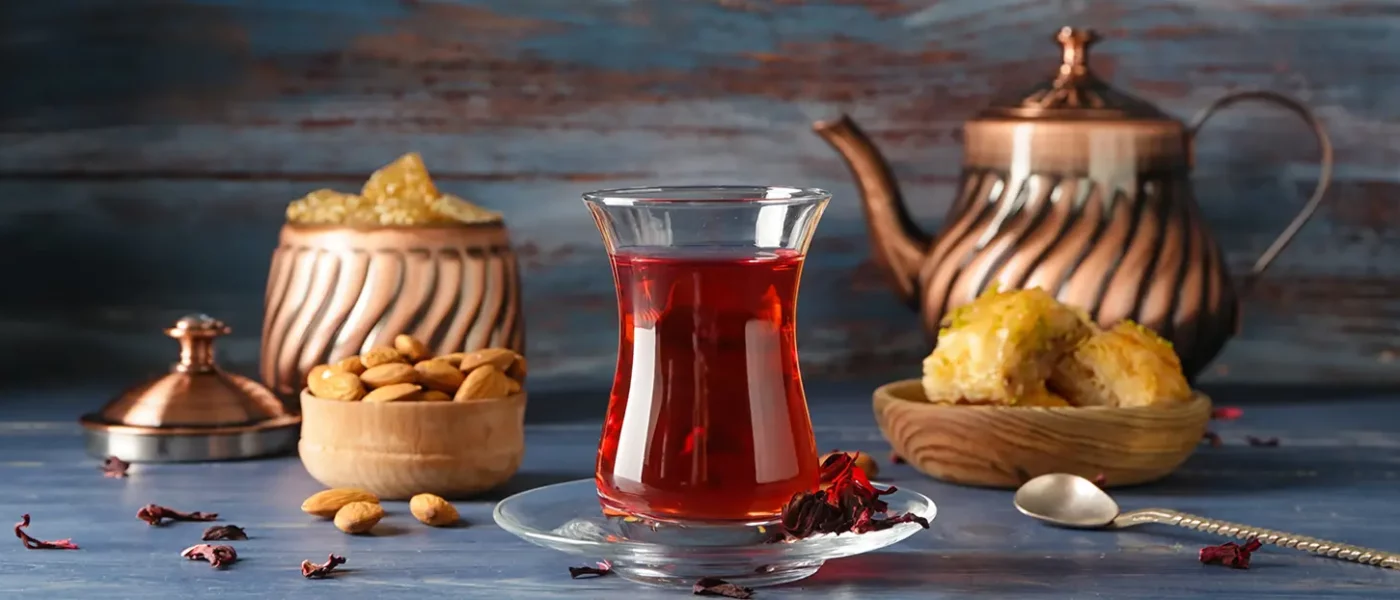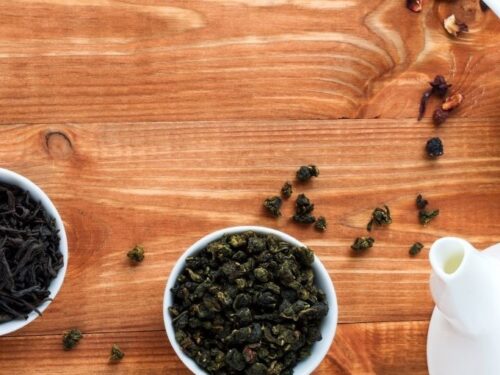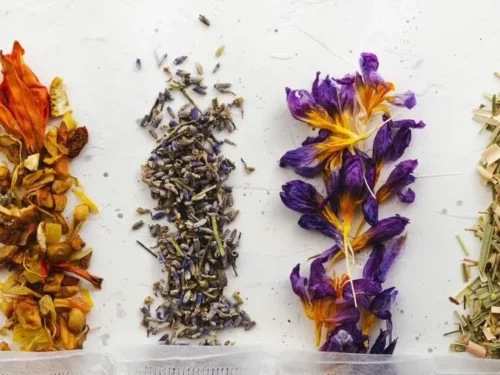
If you are anything like us, then you are certainly not shy of having a daily cup of tea, or greater than, for that matter. When it comes to teas, we are inundated with choice, be it teas for our health, our taste desires, and everything in between. If you were to ask me what my choice of tea would be, I would always answer with Chinese Tea- in particular, green and oolong. But recently, I have delved into the world of Turkish Teas. Let me show you what they are, and why they are now at the top of your list of teas to enjoy.

The Origin of Turkish Tea
There is no precise date on when tea first graced its presence in Turkey, however, some sources date it back to the Ottoman era of the 16th century. Although, tea leaves at this time were mainly used in perfumeries. It wasn’t until the 1930’s when tea fully cemented itself in Turkey, becoming a daily ritual and an integral part of Turkish culture. The Turkish word for tea is çay (pronounced as chai), which to the Turkish people, the meaning of tea translates itself to companionship and friendship.
Tea is more than a drink, it unites people, and is best shared in the company of friends and family.
With their love for tea, it is with no surprise that Turkey is now the largest consumer of tea in the world. Approximately 1,300 cups (3.16kg) of tea are annually consumed per person. That equates to each person averaging 3.5 cups of tea per day.
Something I think all of us here might be comfortably capable of!
Tea Provinces of Turkey
It took some time until Turkey began growing their own tea. With failed attempts in the late 1800’s, due to tea seeds not taking to the natural environment, the optimum spot was found in the province of Rize, along the eastern Black Sea Region in 1917. Yet it took until 1947 for the first tea factory to be built there. The first type of tea to be produced was the Turkish black tea (siyah çay), which is also named Karadeniz tea after Hulusi Karadeniz, the man who first brought tea to Rize.
Today tea is still primarily sourced in the Black Sea Region, with plantations centred around:
Rize, Trabzon, Arakli, Karadere, and Fatsa
Types of Turkish Teas
So now we know a little of the history, I come back to the question, why are Turkish teas so good? Let me present you with the hard ole evidence.
Traditional Turkish Black Tea (Siyah Çay)
For tea drinkers who like their tea strong, the traditional black tea might be your thing. Being a traditional full-bodied tea, this tea takes the full-bodied part seriously. Traditionally, it is slowly brewed in a traditional double teapot (çaydanlık), the top part containing the tea leaves, and the bottom half holding the boiling water. Once boiled, the tea is usually brewed for around 15 minutes at a low temperature, then served in small tulip shaped glasses (ince belli- which translates to slim), and topped with the water from the lower pot. The small glasses help to retain the heat, and because the tea is very strong, small quantities at a time are recommended (you have been warned!) Sugar cubes are also recommended if you do not like your tea bitter. And those of you who like your tea bitter, the pleasure is yours.
Of course, these black tea leaves can also be brewed in a method that is most convenient to you. Not all of us have a double teapot laying around.
Turkish Herbal Tea (Bitki Çay)
If you are more like me and enjoy the floral, slightly sweet, and sometimes sour taste of herbal teas, you must try these. Turkish herbal tea (bitki çay) comes in many varieties, aimed to combat a variety of health conditions, and (please trust me), the flavours are just as good as the benefits. Herbal tea has become widely sought in Turkey and around the world, due to its unique mix of flowers, fruits, and herbs. Bitki çay can be enjoyed as a regular tea or used for wellness.
Some of the traditional Turkish herbal teas are:
Linden Flower, Apple, Pomegranate, Sage, Rosehip, and Mixed Fruit/Herbal Teas
Benefits of Herbal Teas
Linden Flower- Known as ‘ıhlamur’ is a light, citrus blend which is proven to relieve symptoms of fever, the common cold, anxiety, and high blood pressure.
Apple- Known as ‘elma’ is super sweet and slightly acidic, that helps with bone density, boosts immunity, cardiovascular health, and constipation.
Pomegranate- Known as ‘nar’ has a tart, yet sweet flavour that is full of antioxidants, and supports the management of cardiovascular health, chronic conditions, inflammation, and weight loss.
Sage- Known as ‘adaçayı’ is earthy, with hints of mint and has many health benefits that aid with stress, sweating and menopausal symptoms, coughs, and sore throats.
Rosehip- Known as ‘kuşburnu’ is delicate, with a slight floral and tart flavour that can help with cardiovascular health, high blood pressure, inflammation, anti-aging, and weight loss.
Turkey’s tea history boasts an impressive list of teas that are there to keep you healthy, happy, and to be enjoyed with good company. This is why they are so good!


